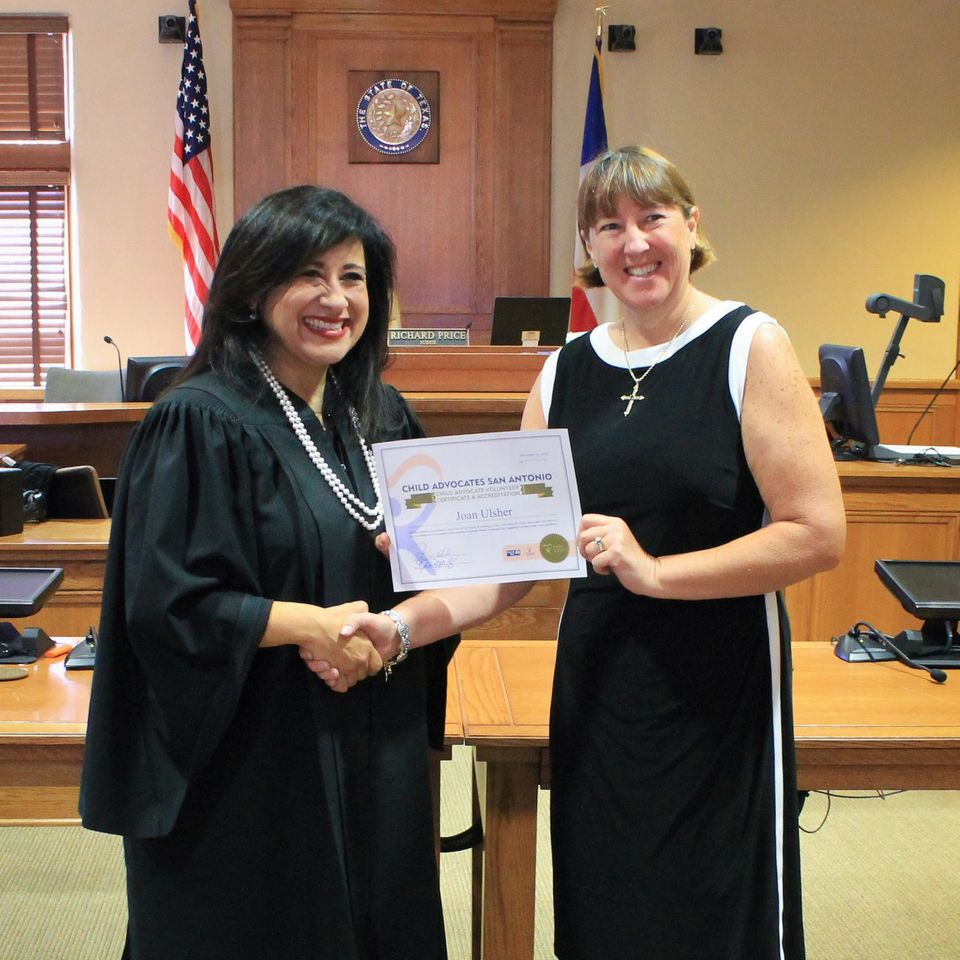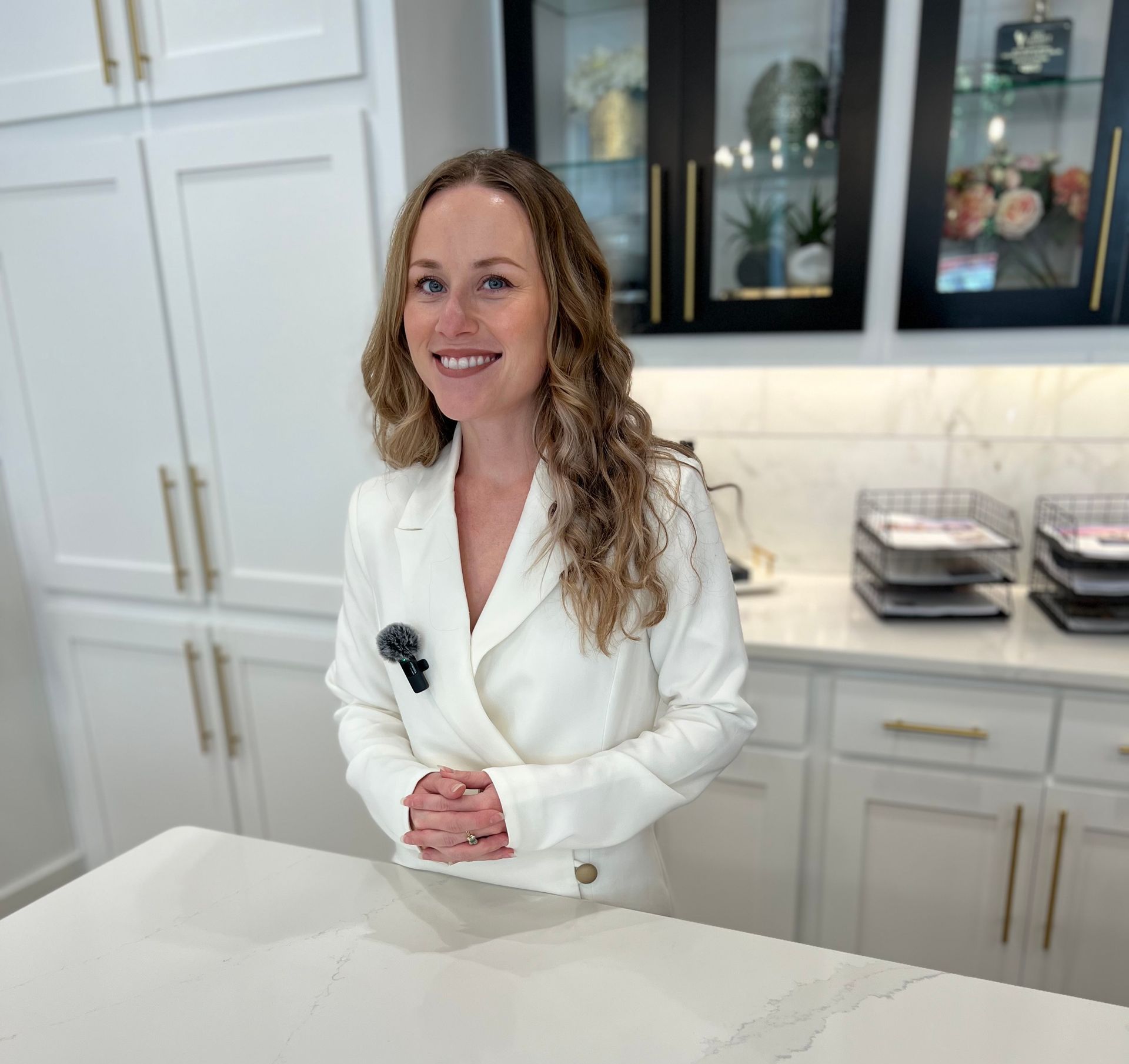Advocate Spotlight: Joan Ulsher
December Advocate Interview

1. How long have you been an Advocate and when did you realize you wanted to become one?
I have been a volunteer advocate for one year as of November. I realized I wanted to be an advocate after my husband signed up a couple months before me. I have also been mentoring a young man who aged out of foster care for 9 years now and realized this was the next logical step towards serving children in need. As a foster care alumni myself, I knew that all children need someone to speak up for them. I’m grateful God opened my eyes and heart and revealed that becoming a child advocate was my chosen path and purpose.
2. What is the most rewarding aspect of being an Advocate?
The most rewarding aspect of being an advocate is knowing I am making a positive difference in the kids lives and getting their affirmation for those efforts! Teens can be particular, but I feel like my teens have come a long way in trusting me and that is a powerful responsibility.
3. If you could offer words of encouragement to your fellow and incoming Advocates, what would they be?
New advocates should not be shy. Be sure to question decisions that your training and “gut” are telling you to address. You are the voice for the children you represent and they are counting on you to challenge CPS, the attorneys or even the ADA when there is a specific need that should be addressed. Of course, always keep in contact with your advocate supervisor. Expect that they will want you to be candid with them too. Be sure to come to every discussion, service plan, meeting, or court hearing fully prepared. Know your case backwards and forwards and do additional research on specific needs like special education, developmental milestones, mental health challenges, and trauma based care among others. There’s no limit- it’s all what makes sense to your specific case.








